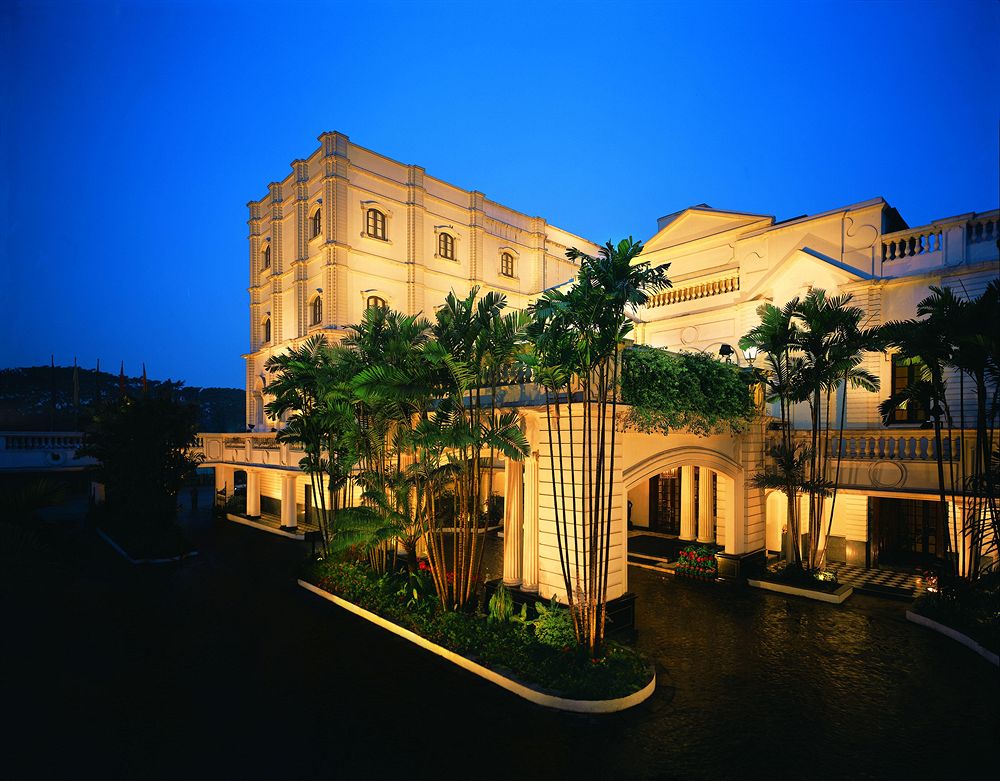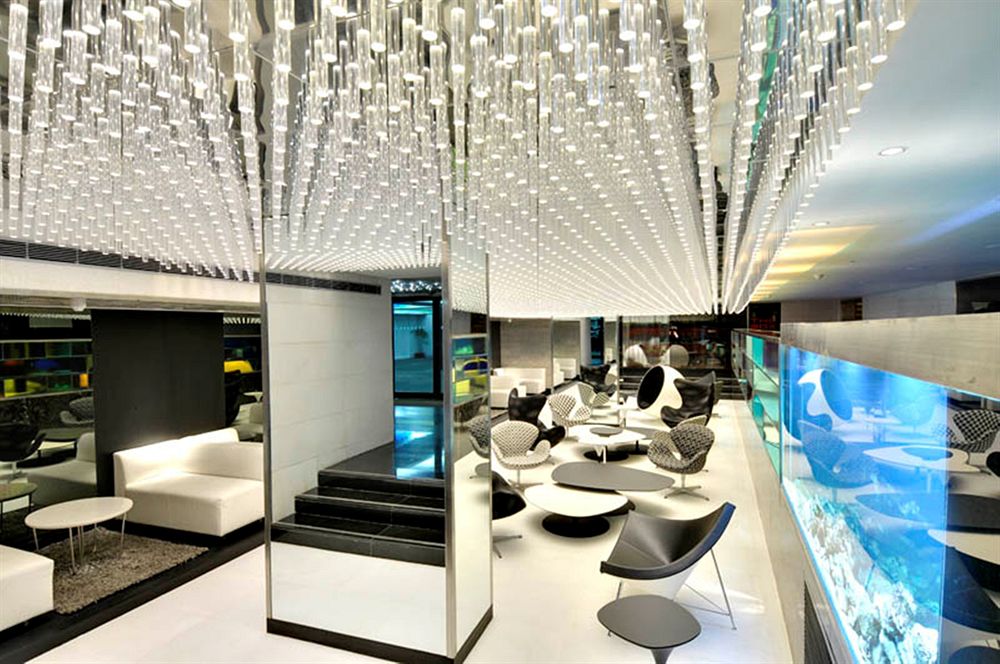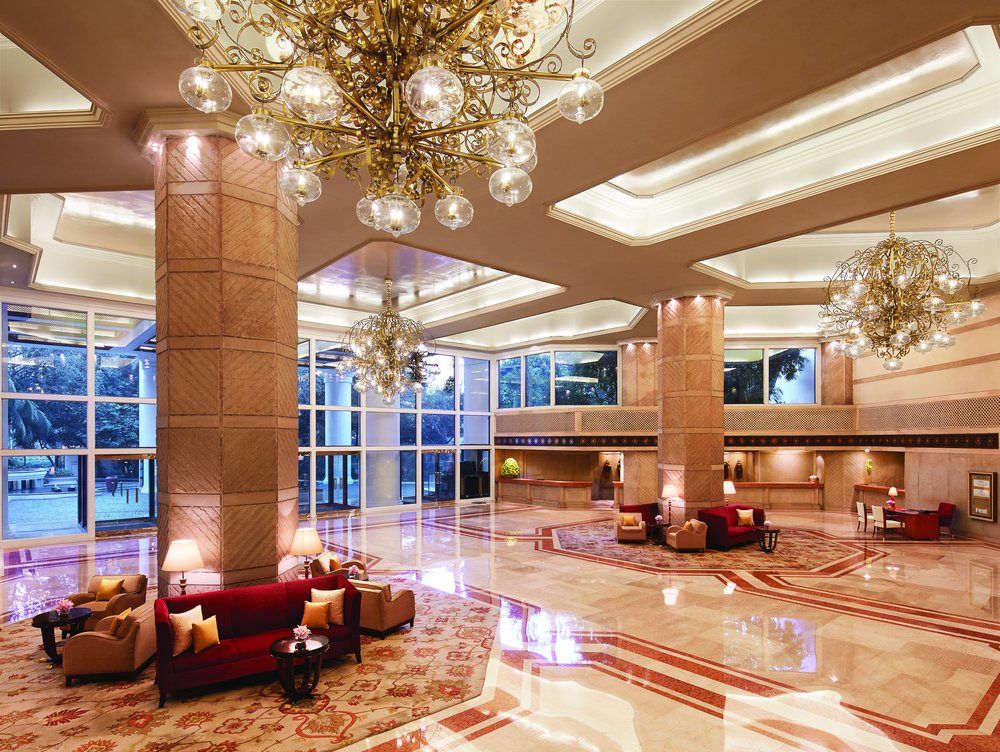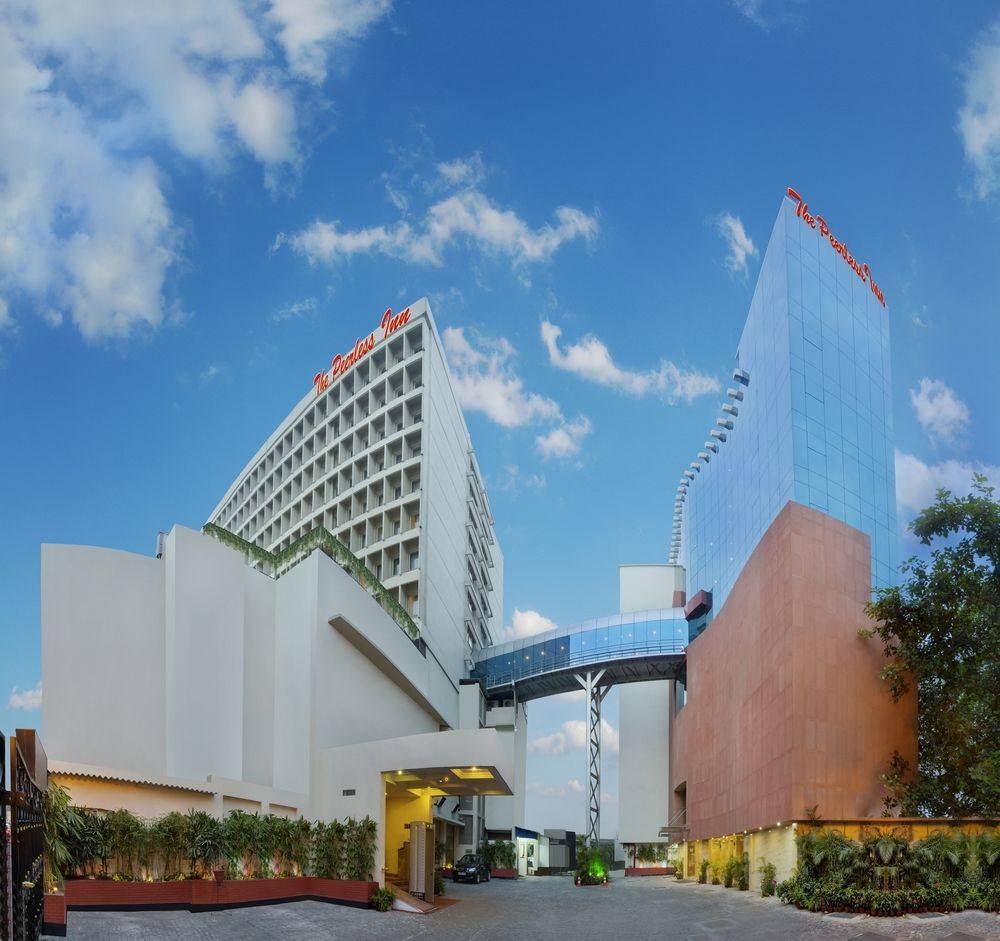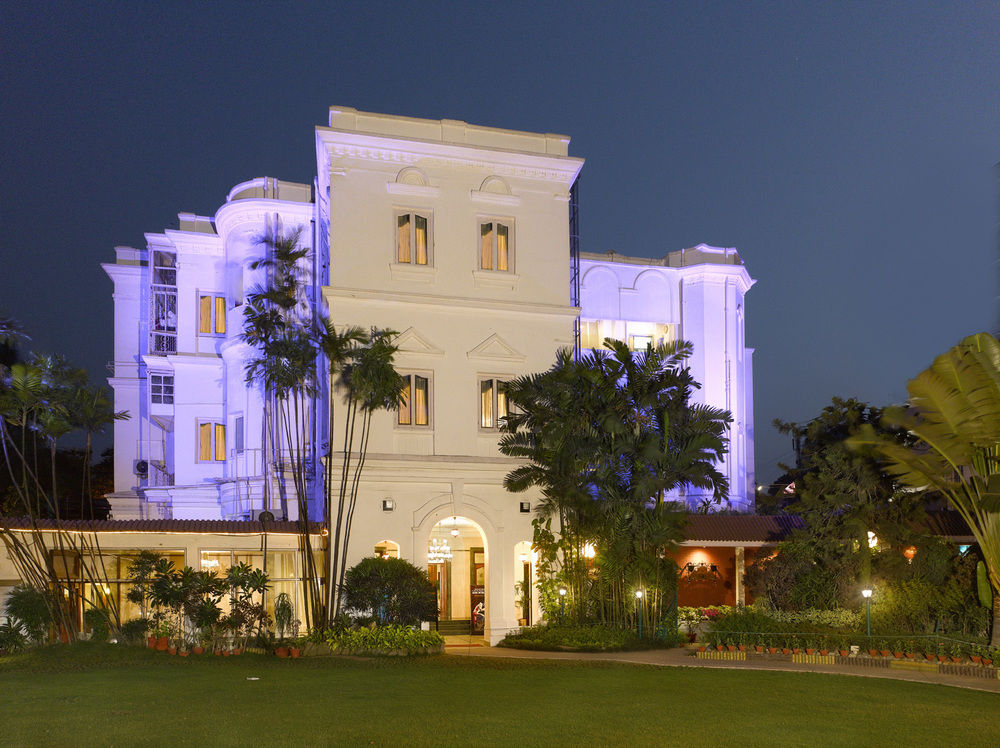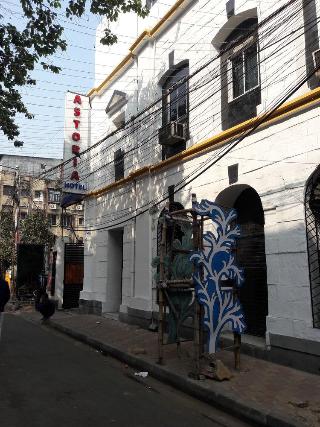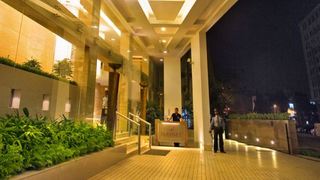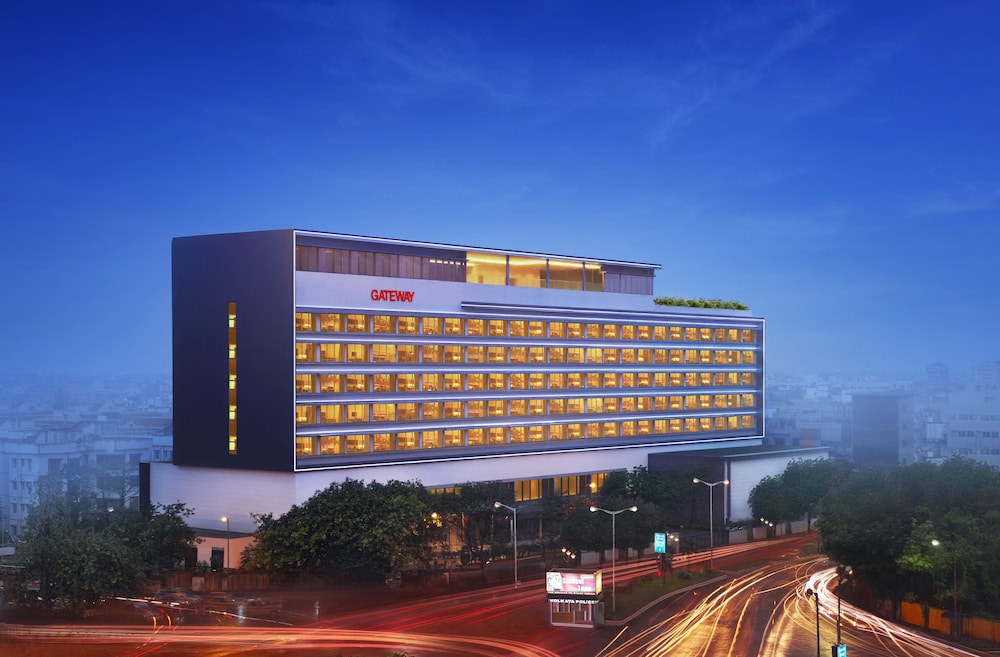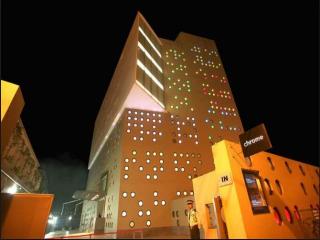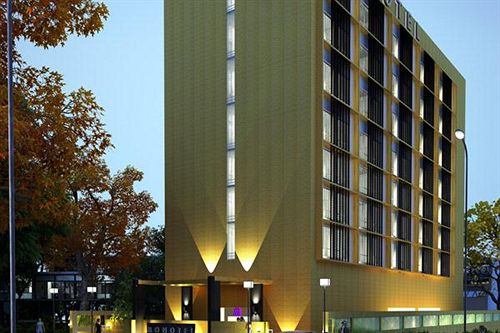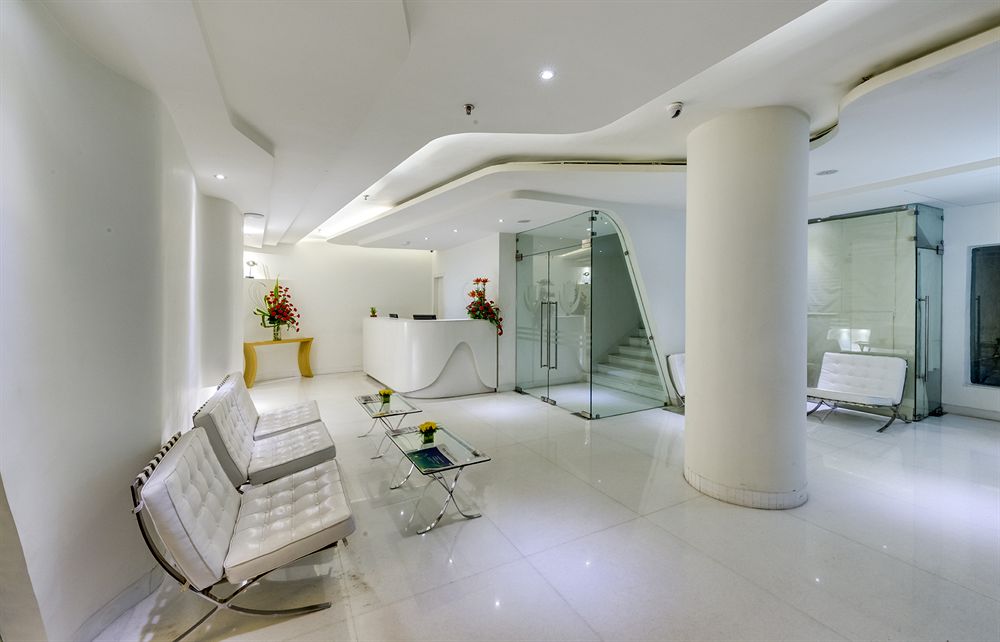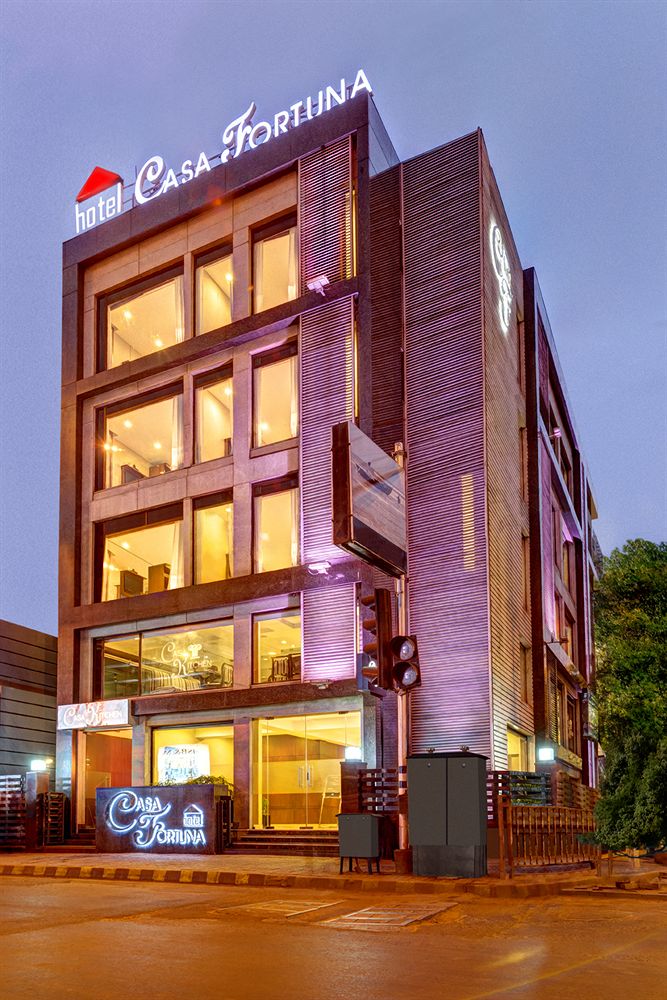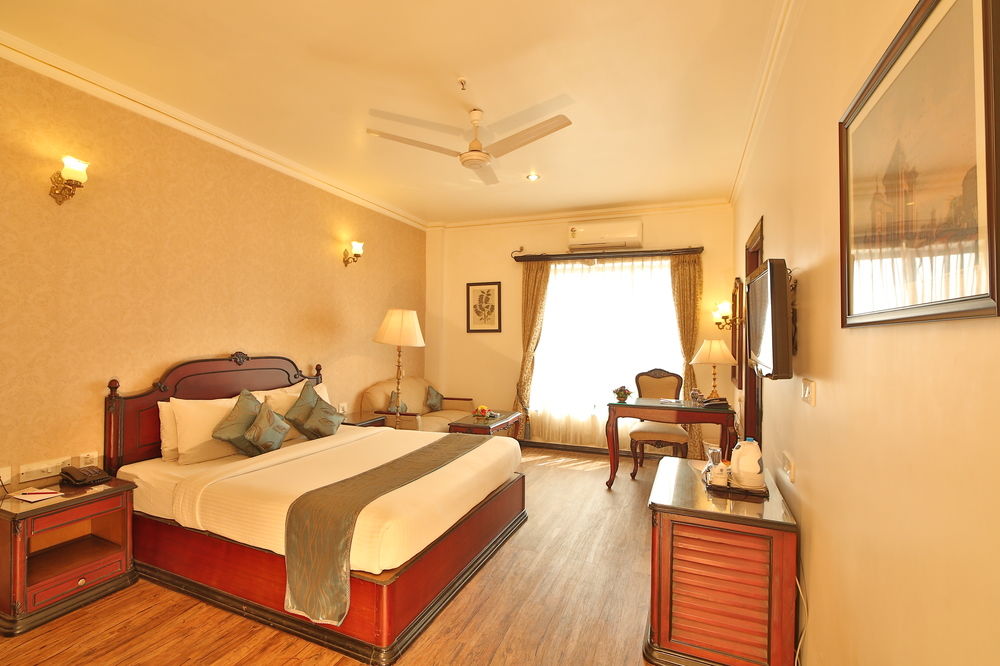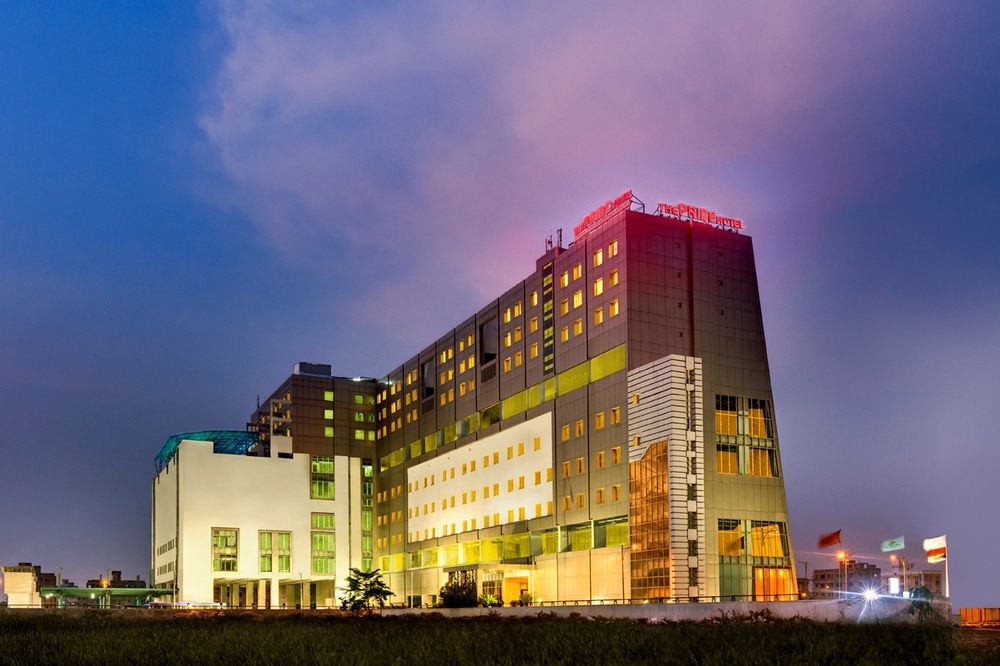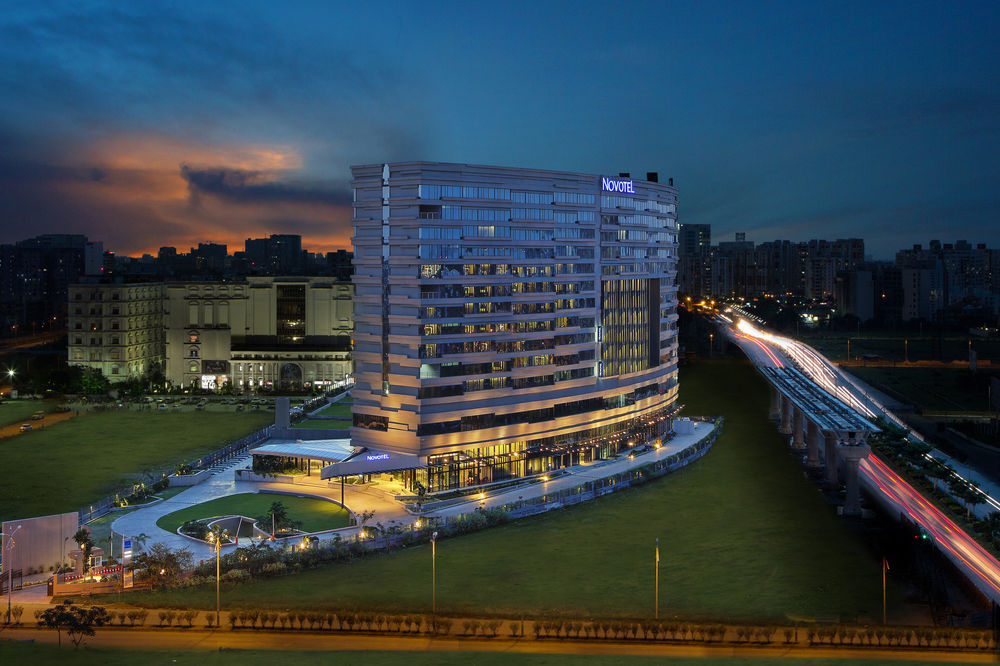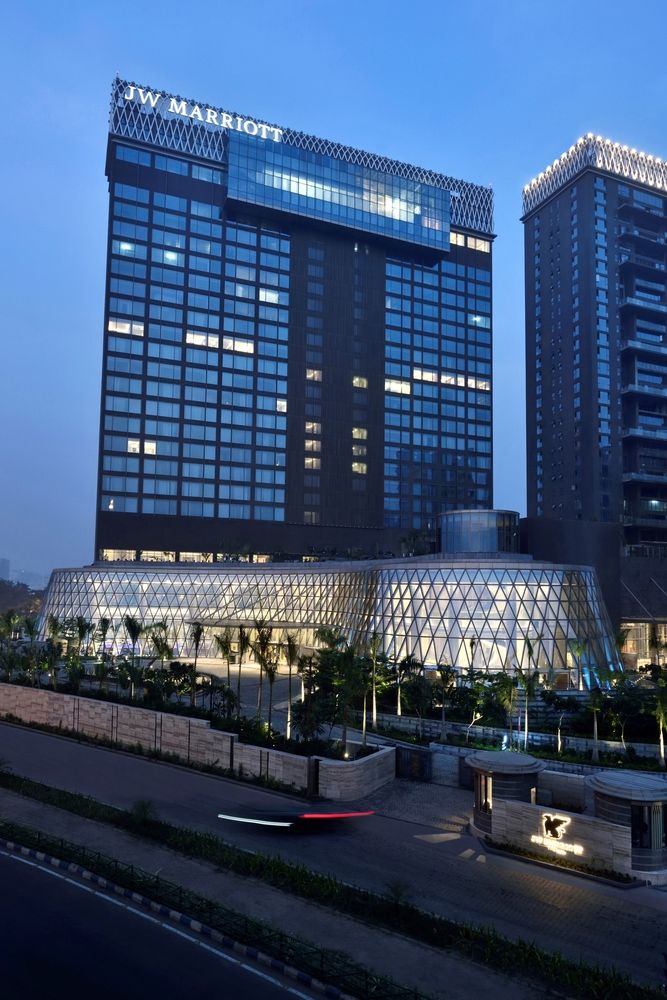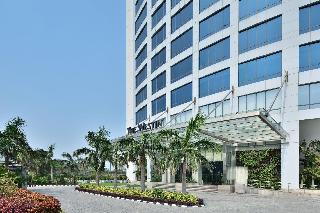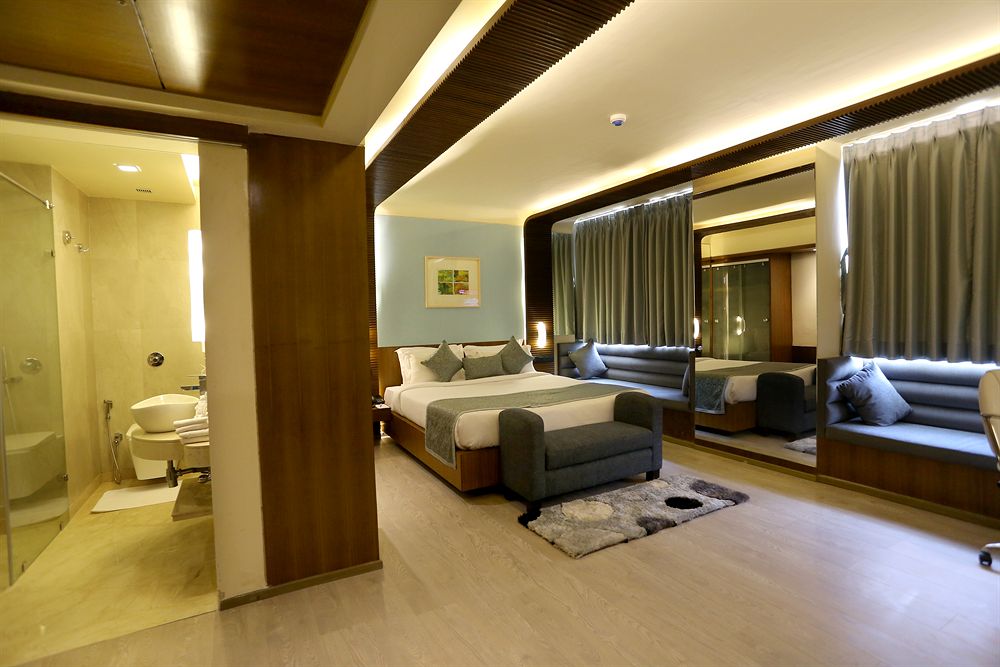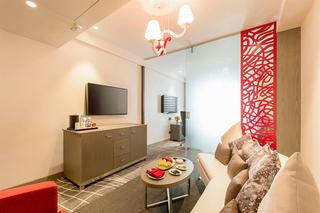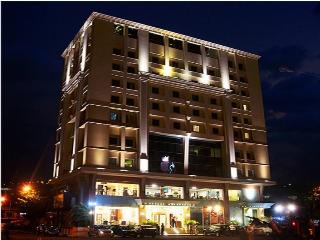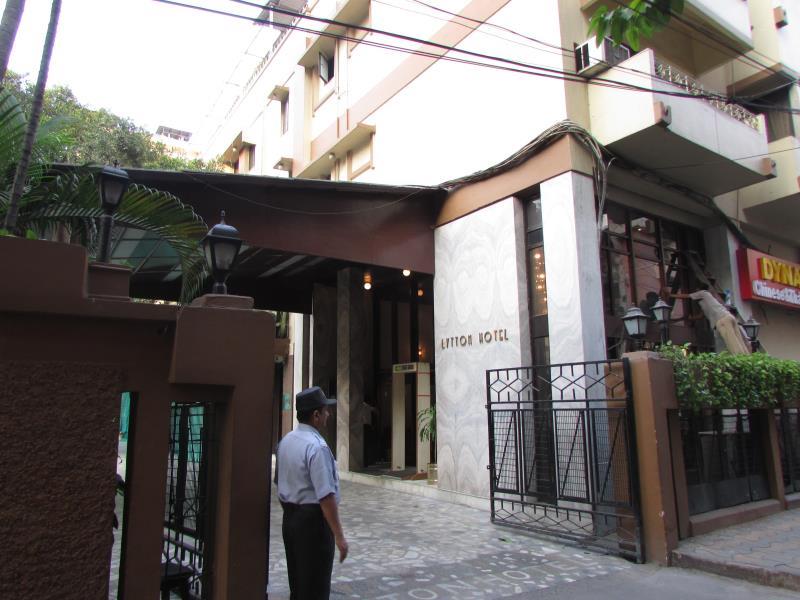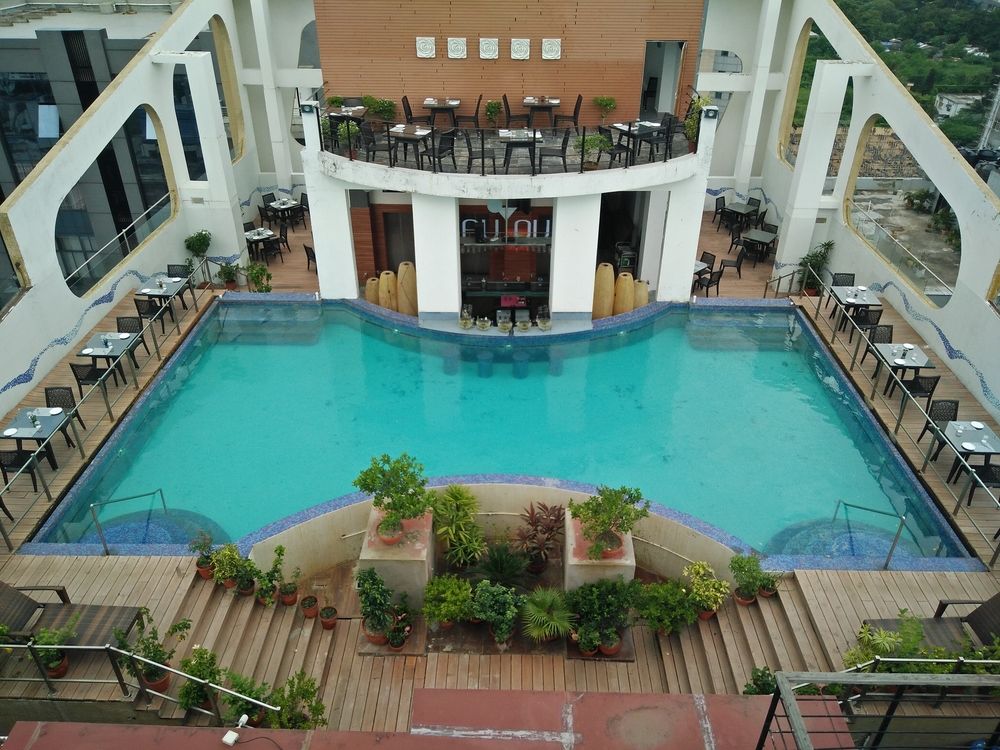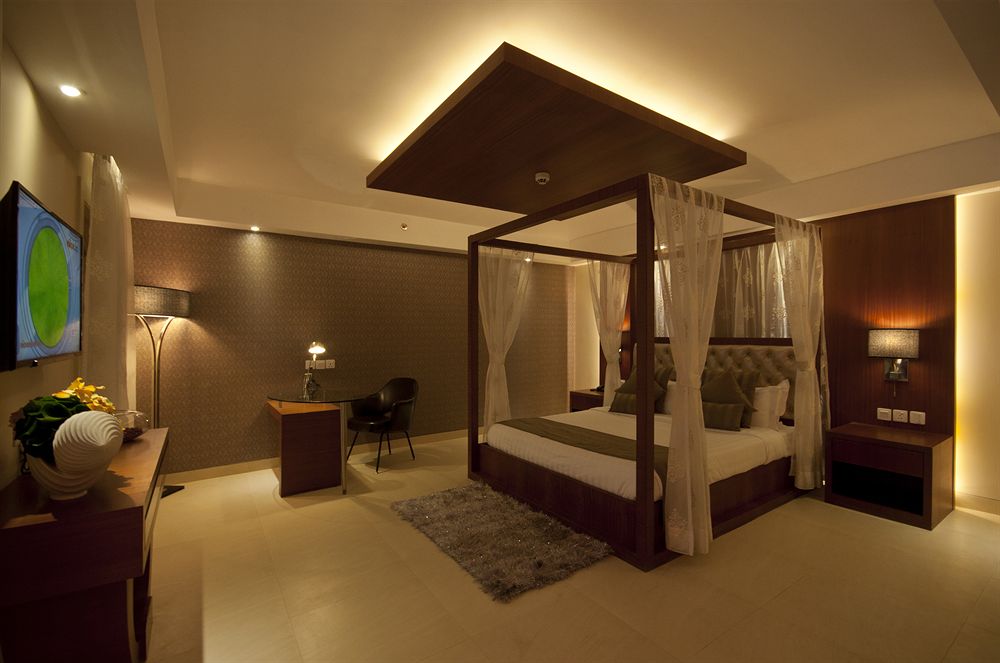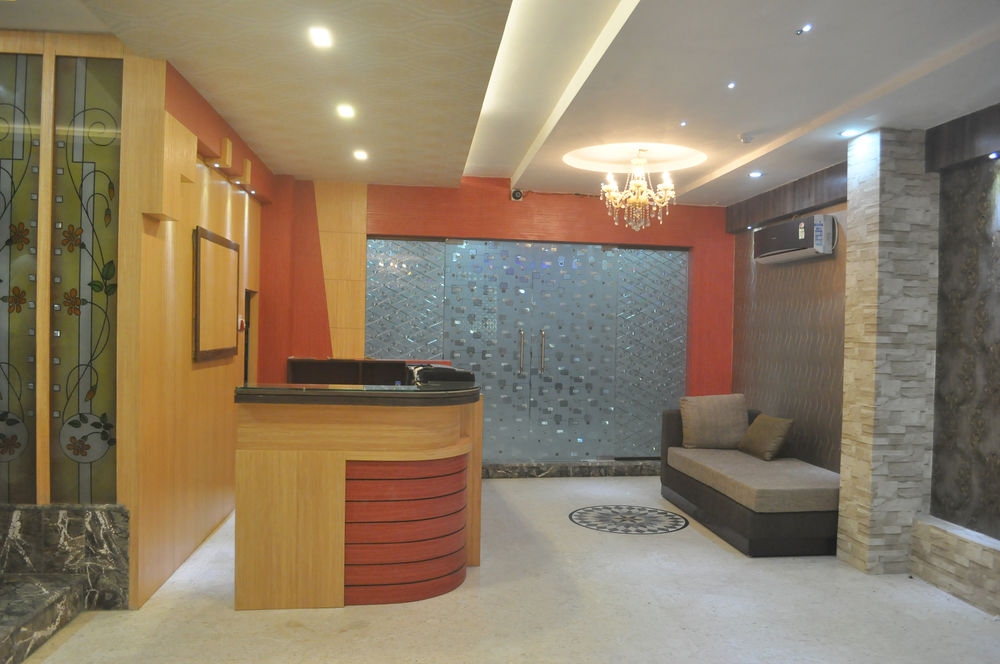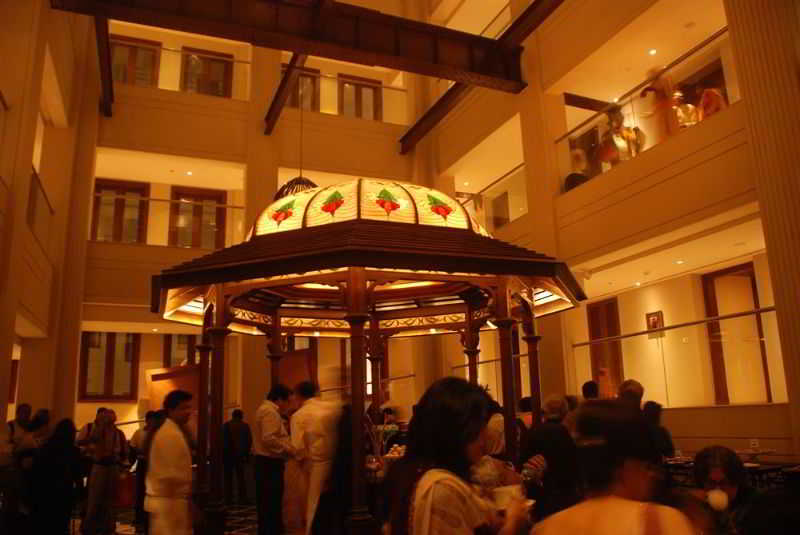
Find hotels in Kolkata
Lowest prices detected by AI for hotels
Best
Cheapest
Star Ratings
AI Recommended
Best Hotels In Kolkata
Cheapest Hotel Deals in Kolkata
Top Rated Hotels
5 Star Hotels in Kolkata
4 Star Hotels in Kolkata
3 Star Hotels in Kolkata
AI-recommended Destinations
Where to stay in Kolkata
More About Kolkata
Kolkata ([kolkata] ( listen), also known as Calcutta , the official name until 2001) is the capital of the Indian state of West Bengal. Located on the east bank of the Hooghly River, it is the principal commercial, cultural, and educational centre of East India, while the Port of Kolkata is India's oldest operating port and its sole major riverine port. The city is widely regarded as the "cultural capital" of India, and is also nicknamed the "City of Joy". In 2011, the city had a population of 4.5 million, while the population of the city and its suburbs was 14.1 million, making it the third-most populous metropolitan area in India. Recent estimates of Kolkata Metropolitan Area's economy have ranged from $60 to $150 billion (GDP adjusted for purchasing power parity) making it third most-productive metropolitan area in India, after Mumbai and Delhi.In the late 17th century, the three villages that predated Calcutta were ruled by the Nawab of Bengal under Mughal suzerainty. After the Nawab granted the East India Company a trading licence in 1690, the area was developed by the Company into an increasingly fortified trading post. Nawab Siraj ud-Daulah occupied Calcutta in 1756, and the East India Company retook it the following year. In 1793 the East India company was strong enough to abolish Nizamat (local rule), and assumed full sovereignty of the region. Under the company rule, and later under the British Raj, Calcutta served as the capital of British-held territories in India until 1911, when its perceived geographical disadvantages, combined with growing nationalism in Bengal, led to a shift of the capital to New Delhi. Calcutta was the centre for the Indian independence movement; it remains a hotbed of contemporary state politics. Following Indian independence in 1947, Kolkata, which was once the centre of modern Indian education, science, culture, and politics, suffered several decades of economic stagnation.
As a nucleus of the 19th- and early 20th-century Ben
 Time UTC+06
Time UTC+06 Currency INR
Currency INR Languages Hindi, English, Bengali, Gujarati, Kashmiri, Malayalam, Marathi, Oriya, Punjabi, Tamil, Telugu, Urdu
Languages Hindi, English, Bengali, Gujarati, Kashmiri, Malayalam, Marathi, Oriya, Punjabi, Tamil, Telugu, UrduWhat’s Special about Staypia?
Compare hotel prices in real-time
AI finds you the lowest price for hotels in Kolkata.
Lowest price for 3.16M hotels worldwide
Book with up to 31% extra discounts only for Staypia members.
Travel bucket list for Kolkata
Plan your trip with over 17K 'must see' recommendations for Kolkata
Frequently Asked Questions
The best hotels in Kolkata are The Lalit Great Eastern Kolkata, The Oberoi Grand Kolkata, The Park Kolkata.
The best 5 star hotels in Kolkata are The Lalit Great Eastern Kolkata, The Oberoi Grand Kolkata, The Park Kolkata. Search for the most highly rated hotels in Kolkata
Generally, room reservations are subject to a free refund until the cancellation deadline. Fees may apply after the cancellation deadline, so please check the cancellation deadline on your hotel voucher or in Menu > My Reservation.
If you’re a frequent traveler, Staypia is the best place to get the best hotel deals. You can book hotels with the lowest price of 3.16 million hotels collected by AI, and receive additional discounts for members only.
